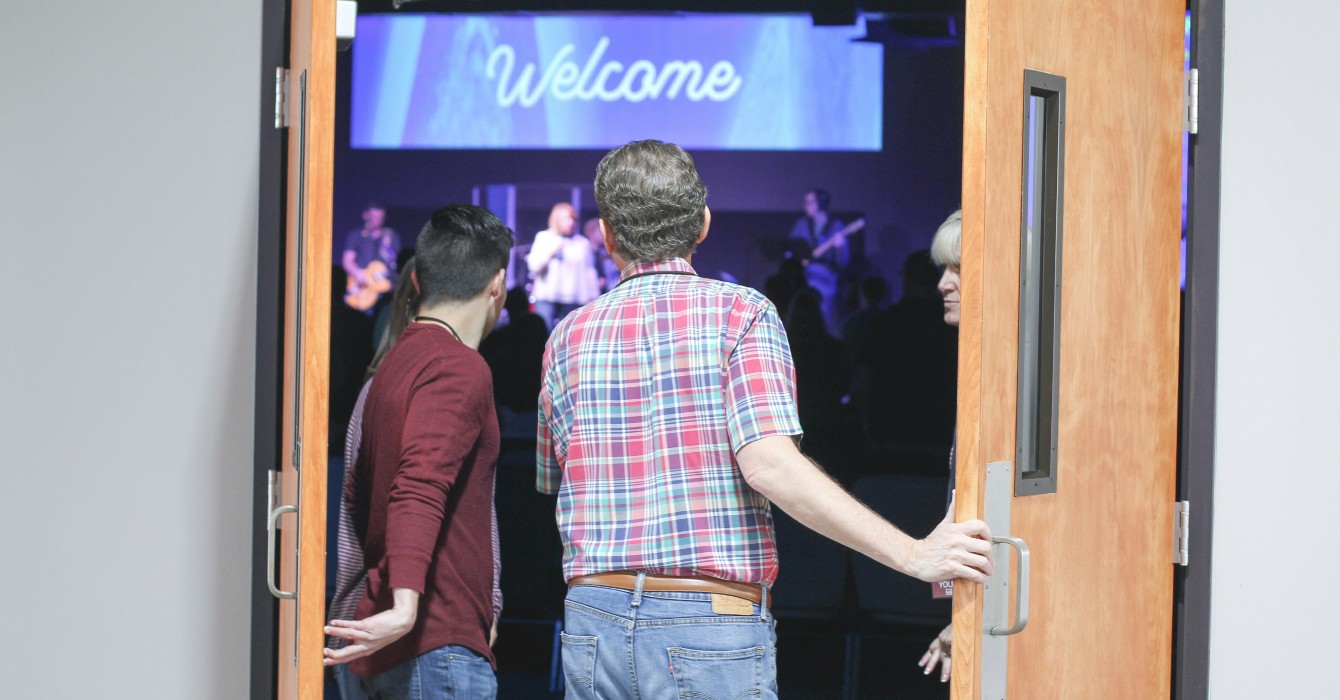At a particular point on a particular beach in eastern North Carolina, I came across a scene that I visited again and again during a recent writing retreat.
At the tableau’s base, a sign shouted as urgently as mere written words can: “DO NOT SWIM ALONE. Under certain conditions DANGEROUS riptides & undercurrents will be encountered.”
Several feet above, the wind whipped a flag of The Episcopal Church. Faded, fraying and tenuous, it flapped against a backdrop of cloudy skies and waves reaching in from the horizon.
A cry for help as metaphor, the message held my attention for the better part of a week. Uncertainty, danger and a fragile church. The precarity of our position as any sort of community when previously secure structures feel as if they are coming undone around us. The sense that we are drowning in despair.
Our society is desperately unhealthy, and many of our religious communities are struggling. For good and for ill, churches have provided an underpinning for community. The “for ill” part has contributed markedly to organized religion’s decline — at the expense of the “for good.” A buffer against riptides and undercurrents fades with our faith communities, weakening opportunities for gathering, collaboration and mutual aid. An unraveling church is one more way we lose sight of one another.
Writing for The Atlantic in April, Derek Thompson, a self-described agnostic, offered, “I have spent most of my life thinking about the decline of faith in America in mostly positive terms. Organized religion seemed, to me, beset by scandal and entangled in noxious politics. So, I thought, what is there really to mourn? Only in the past few years have I come around to a different view. Maybe religion, for all of its faults, works a bit like a retaining wall to hold back the destabilizing pressure of American hyper-individualism, which threatens to swell and spill over in its absence.”
I’d suggest we preach that louder for the people in the back of the room, but many of them are no longer in the room at all. Often, they have left because of harm inflicted by toxic theology or the neglect of issues central to their humanity. We have deprived them of a place where they might safely know and be known in an increasingly virtual, disconnected world.
I have spent a lot of time in churches, my own and others. Long before Meal Trains, GoFundMes and SignUpGeniuses, I have watched church communities step up to help families in times of need, to form parishioners around conversation on hard topics, to send young people off into the world with the promise that this group right here would always know and love them and would ask their parents about them long after they’d settled elsewhere.
Yet there are also churches where lessons are about a God who is always angry and accusatory, where care is offered in ways that are conditional and judgmental, where love is something that is earned within the strictest limitations rather than freely given to all. What a sad and demeaning place to be. No wonder many opt out rather than be somewhere so hurtful and un-Christlike.
For any discussion of how we come together, we must reject the notions of hierarchy and rugged individualism that tell us we must go it alone, that insist we have no responsibility to one another or our communal lives. Jesus chose a group of people to go with him, and he left that group with the charge that they carry on his ministry on earth. It is profoundly humbling to acknowledge how much we need others.
Surgeon General Vivek H. Murthy has warned of an epidemic of loneliness and isolation and the dangers that come with it. He wrote about a cross-country listening tour: “People began to tell me they felt isolated, invisible, and insignificant. Even when they couldn’t put their finger on the word ‘lonely,’ time and time again, people of all ages and socioeconomic backgrounds, from every corner of the country, would tell me, ‘I have to shoulder all of life’s burdens by myself,’ or ‘if I disappear tomorrow, no one will even notice.’”
While the isolation required by COVID-19 reinforced bad patterns of thought for some of us, it reminded others of us that we need to be in community, at least part of the time, to live our fullest lives.
At other times, we may choose to be alone. On the writing retreat, where I first spotted the sign and flag, we worked in silence during the day, drafting and redrafting alone, speaking only at meals. The quiet was generative and restorative.
But in the evenings, we gathered as a group to write together and hear and respond to one another’s words. That time brought another level of energy and insight that could not be accomplished on our own: praise for what resonated, kind suggestions for what else was needed, shared tears and laughter as we were mindfully attentive to each other’s stories.
There are places other than the church where we can go for community, but in underserved areas and for people of humble means, faith communities have long been a safety net, connector and economic engine. Even in places that are well-resourced, churches can provide a unique space for intergenerational activities rooted in shared traditions and accessible to all. At least, when the work we are called to do is done well.
For many faith communities, any chance of renewed flourishing will mean change, which is hard but not impossible. The response to COVID-19 demonstrated that. Churches must show up in new and different ways while remaining authentically grounded in a healthy theology. Walls need to mean less. Treating people like beloved children of God needs to mean more.
As Sarah Bessey asks in “A Prayer for the Church”:
Kindle a global revival of empathy, justice, and active peacemaking.
Birth a witness of Love that is bigger and better than we inherited.
Liberate us from privilege and oppression.
Unshackle the gospel from nationalism, colonialism, white supremacy, and every other lens that shrouds the Good News.
Give us an abundance of grace for others and for ourselves.
We will need to let go of the things we’ve held in clenched fists — things that do not serve God and are not based in God’s unconditional love for all of us — and open our hands so that we can swim into new places rather than thrashing around, causing a ruckus but going nowhere.
Choosing to swim with others helps ensure that no one is swept away undetected, captured by unseen undercurrents or caught up in roiling waves when we have mistakenly convinced ourselves we are strong enough to handle all things on our own.













